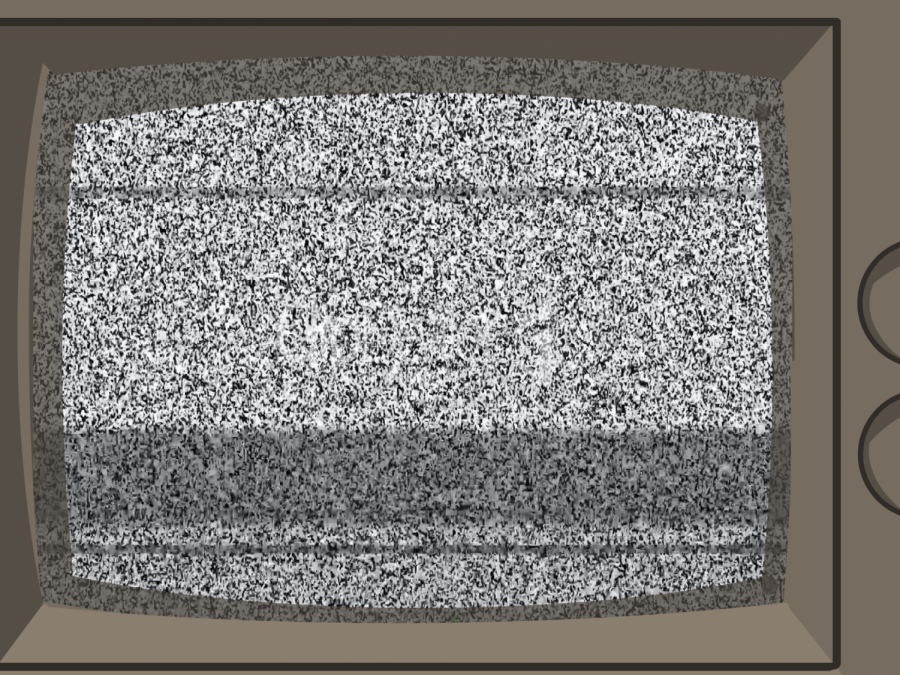Little People Deserve a Better Sequel
People with Dwarfism have been neglected and improperly represented in the media for far too long, leading to some dire consequences.
March 16, 2021
In the midst of watching a home improvement channel, I’ll sometimes see ads for the show Little Women: LA, showcasing a cast of women born with dwarfism yelling obscenities, getting into fights, drinking copiously, and dancing on strip poles. While many viewers might see these scenes as a mere staple of “trashy” reality TV, they are cause a much deeper and darker effect than a quick laugh.
The show is produced by Lifetime, a channel known for its overdramatization and problematic representation of contestants on their assortment of TV shows—The Brittany Murphy Show, YOU, Boy Meets Boy, to name a few—, often directed by white and able-bodied men. However, the problems with Little Women: LA extend beyond Lifetime’s troubled past, and reach into the fetishization and exploitation of little people for profit.
Little Women: LA follows a cast of around 5-7 women with dwarfism documentary-style, focusing on each individual woman’s life and drama while simultaneously bringing the women together in different social settings: bars, clubs, beaches, pools, houses. While the show claims to be about empowerment and teaching women to love themselves as they are, it takes less than 10 minutes for the show’s true nature to be revealed. The women frequently get into screaming matches, push each other into pools, accuse each other of lying and cheating, and cuss each other out in public—with cameramen eagerly filming all their worst moments. Additionally, these women with disabilities receive frequent cosmetic surgeries to fit the beauty standards the show claims it rejects, perform in strip clubs under the guise of men who fetishize the women for their conditions, and more often are filmed berating each other than having meaningful conversations about what living with dwarfism is like. Actress Hollis Andrews—who declined the offer to be a participant in the show—reflected on its negative effects on her community, comparing dwarfism representation to being featured in freak shows, adding, “It’s a grotesque hunger the public has for wanting to experience schadenfreude or to see how ‘the other half lives.’”
We know that reality TV is filmed in ways to create the most drama. Take, for example, The Bachelor. The shots are meticulously edited to make the show more sensationalized (and, by extension, more “entertaining” to watch), like artificially adding a lengthy pause before the Bachelor finally extends a rose to an eager contestant. However, there is a stark contrast between staging a theatrical conflict between two white, able-bodied women, and creating this same conflict between two little women. Why? Because one of them runs no risk of stereotyping contestants who have authentic depictions everywhere else, and the other degrades and dehumanizes a minority group of disabled people in our world, a group that receives little to no accurate representation in everyday television, novels, or movies.
When examining the scarce appearances of little people in the media, there is a repetitive and shameful trope: little people are nearly only represented when they provide comic relief. In the movie Elf, producer and actor Peter Dinklage plays tough-guy businessman Miles Finch who is repeatedly called “an angry elf” by Buddy, the main character. His position of assumed authority and credibility in the movie is entirely undermined by stereotypical assumptions of little people, and Dinklage’s main screen time is spent being humiliated by Buddy for his most noticeable and unpreventable physical attributes. What’s worse, this blatant ableism is covered up by the fact that Buddy is incredibly naïve and simply “didn’t know any better.” Although Dinklage’s better-known role as the cunning Tyrion Lannister on Game of Thrones was proven to be pivotal to the show’s plot, such meaningful roles are few and far between. If the existence of little people in entertainment is regularly for comic purposes, our children and greater population will learn to see little people as something to laugh at in real life.
As a society, we need to listen to the voices of the disabled community and accurately portray their experiences. Their lives have been continuously exploited and commodified for the entertainment of able-bodied viewers, who buy into these heavily-skewed roles as reality, further degrading little people’s social standing. Until Little Women: LA holds up to the standard of being an informative and positive show, it along with other such representations will remain harmful. Meanwhile, positively widening the scope of our casting calls will, without a doubt, be better for all.


